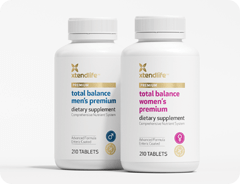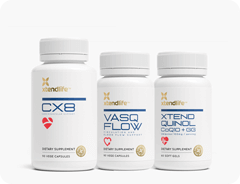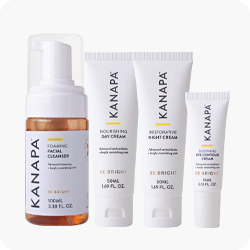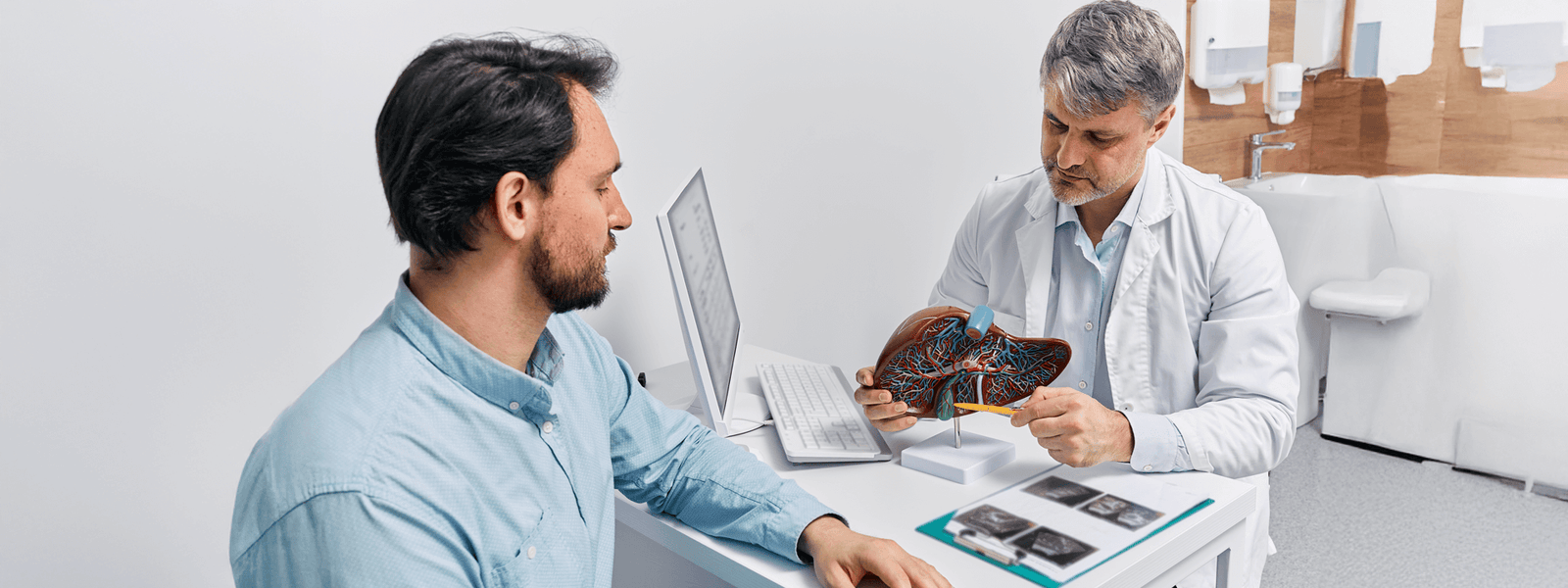We've likely all noticed that, a day after eating a meal that includes sugar beets, our bathroom visits become noticeably more colorful. Initially, the striking red hue might seem alarming, sparking concerns over potential health issues. However, beets aren't the only foods that reveal themselves in such a way during bathroom breaks.
This experience can also occur with multivitamins, often resulting in a bright, almost neon-yellow urine (a color much bolder than typical yellow—it's impossible to miss!).
Once we've set aside initial worries of health concerns, the thought might come to mind: are we simply flushing away the benefits of our vitamin regimen?
Thankfully, that’s not quite the case.
Fat-Soluble vs. Water-Soluble Vitamins and Their Effects on Urine Color
Vitamins fall into two types: fat-soluble and water-soluble.
- Fat-soluble vitamins (A, D, E, and K) are stored in the liver when consumed in amounts beyond the body’s immediate needs.
- The water-soluble cousins, however – includingvitamin B1 (thiamin),vitamin B2 (riboflavin),vitamin B3,vitamin B6, folate,vitamin B12,biotin,pantothenic acid (vitamin B5) andvitamin C - are flushed out of the body every day after the body absorbs what it needs.
Riboflavin is the vitamin connected to the bright yellow urine. The name itself, derived from the Latin wordflavus (meaning yellow or blonde), hints at this distinctive color.
Discovered in the 1800s and named in the 1930s, riboflavin is included in most multivitamin blends. It supports physical growth, red blood cell production, and energy conversion from carbohydrates.
However, riboflavin isn’t the only nutrient affecting bathroom experiences. For example, excess vitamin C can lead to bright orange urine as it is expelled.
Are we taking too much?
Inexpensive “supermarket” supplements often contain large doses of low-quality, synthetic vitamins, while essential, high-quality nutrients may be missing. These synthetic vitamins, in excessive amounts, may act as pro-oxidants, which can potentially do more harm than good.
Because the body may struggle to use many of these low-quality vitamins, they are eliminated through urine. Ironically, this means money spent on such supplements may be wasted due to their limited effectiveness.
Comparing Cheap and Quality Supplements for Urine Color
Take vitamin C, for instance. Many lower-cost supplements use ascorbic acid, while at Xtendlife, we use a combination of calcium ascorbate and ascorbyl palmitate, which are superior and pricier forms of vitamin C.
Similarly, riboflavin has a more bioavailable form. Although people often assume there’s only one version of vitamin B2 (riboflavin), more effective forms exist. Xtendlife usesriboflavin-5-phosphate, a form that the body absorbs more efficiently and consistently. High-quality ingredients like these help reduce waste, as the body doesn’t need to flush out unnecessary excess.
The yellow or orange urine resulting from lower-quality supplements may be a clear sign that the body isn’t effectively using the ingredients. By choosing Xtendlife’sOmega 3 Range and especially theTotal Balance range, you gain maximized bioavailability, effectiveness, and value, with far less waste due to thorough nutrient absorption.
The Health Takeaway
So the yellow or orange urine that often results from taking poor quality supplements is a clear indication that your body is not utilizing the product’s ingredients as it should be.
By taking superior quality supplements such as theOmega 3 Range and especially theTotal Balance range from Xtendlife, your body (and wallet) will benefit from the maximum bio-availability of our synergistic high quality ingredients and significantly reduced waste during the digestion process, as the nutrients are fully absorbed. Our quality ingredients and state-of-the-art delivery systems ensure maximum bio-availability, efficacy and value for money.
Add Total Balance to Your Daily Routine
Containing all the bio-active vitamins, minerals, nutrients, and herbs to nourish your cells.
Learn More
Reference:
- http://www.ext.colostate.edu/pubs/foodnut/09312.html
- http://www.todayifoundout.com/index.php/2013/09/why-do-vitamins-make-urine-bright-yellow/
- http://www.nlm.nih.gov/medlineplus/ency/article/002411.htm


 Supplements
Supplements Superfoods
Superfoods Bundles
Bundles









